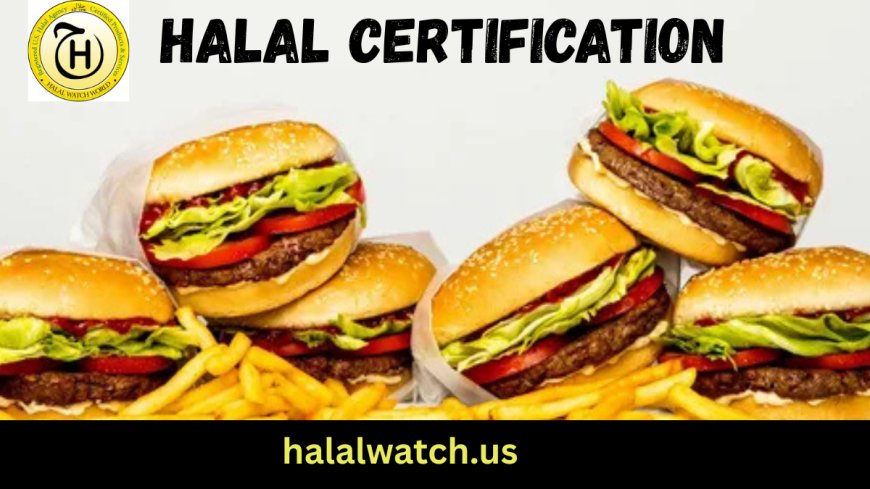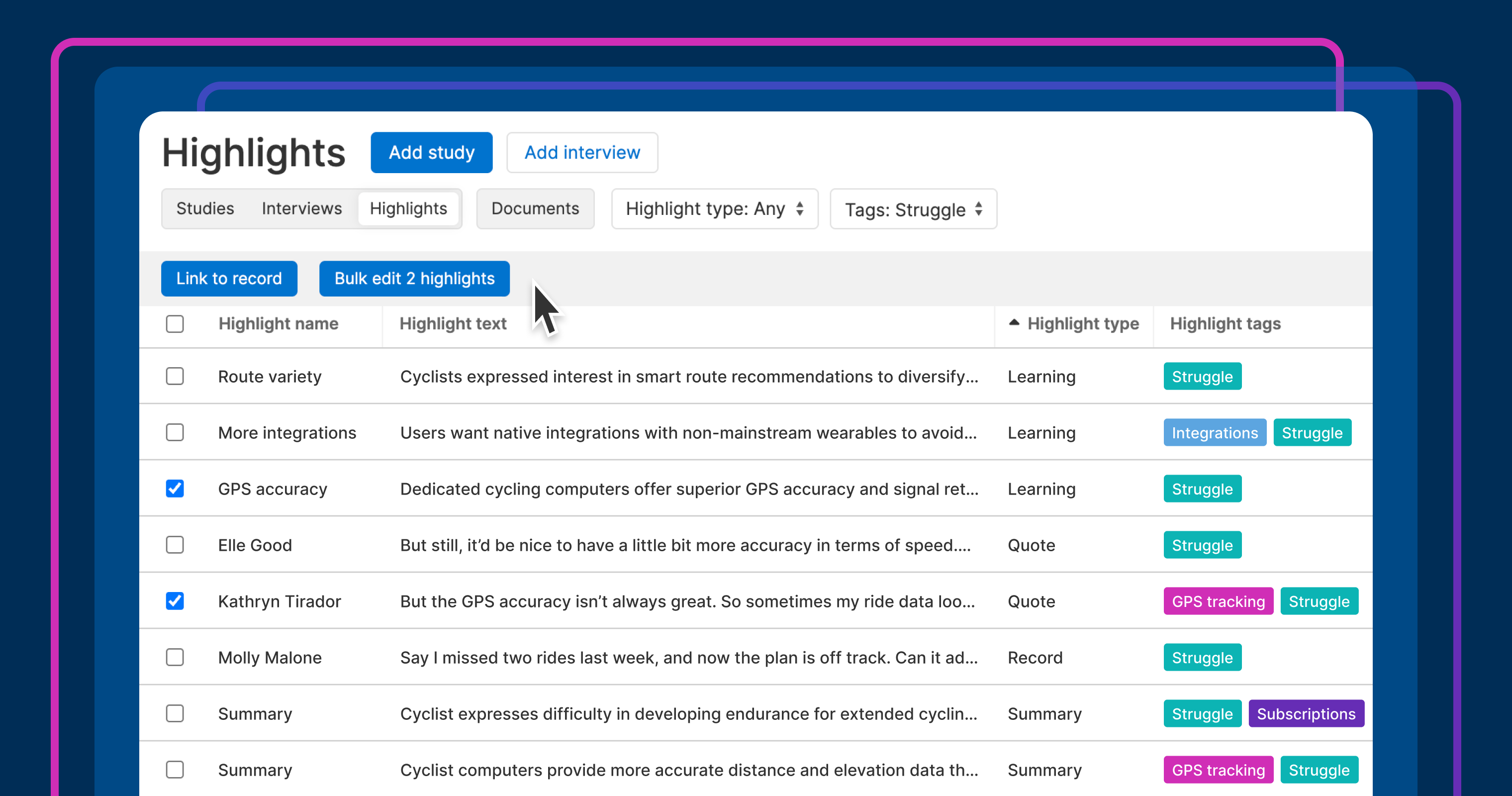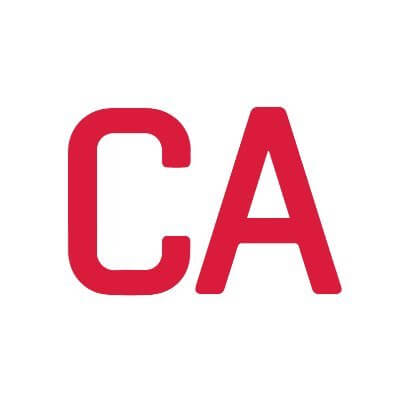Halal Certification Process for US Restaurants Made Simple
Once everything meets the halal certification requirements in USA, your restaurant will be issued a halal certificate. This document is valid for a specific period, typically 1 year, and must be renewed regularly.

Getting international halal certification is essential for businesses that serve Muslim customers. Whether you run a food factory or a restaurant in the U.S., having this certification shows that your ingredients, production process, and final products follow Islamic dietary laws. For restaurants in particular, getting a halal certificate for restaurant builds customer trust and opens up access to a growing market segment that prefers halal food.
Why Halal Certification Is Crucial for Restaurants
For any food business, especially restaurants, earning halal certification for restaurant proves that their food preparation and ingredients meet strict Islamic standards. Here's why it matters:
-
Customer Trust: Muslim customers actively look for restaurants with a valid halal certificate.
-
Market Expansion: There is a high demand for halal food in the U.S., especially in urban areas with large Muslim populations.
-
Compliance and Transparency: Certification from a recognized Halal Certification Agency ensures your restaurant meets religious and legal expectations.
Understanding the USA Halal Certification Process
To obtain USA halal certification, restaurants must go through several steps. Here's a simplified overview:
1. Application Submission
The first step is to contact a recognized Halal Certification Agency, such as Halal Watch halal certification, and submit an application that includes:
-
Business name and address
-
Type of food served
-
Details of food ingredients and suppliers
2. Ingredient and Process Review
The agency will assess all ingredients used in your food preparation. This includes:
-
Source of meat (must be slaughtered according to Islamic guidelines)
-
Cooking oils, additives, and flavorings
-
Cleaning agents and storage processes
3. On-site Inspection
After the document review, a field inspector visits your kitchen to check:
-
Separation between halal and non-halal ingredients
-
Cleanliness and hygiene practices
-
Food preparation and storage methods
4. Approval and Certification
Once everything meets the halal certification requirements in USA, your restaurant will be issued a halal certificate. This document is valid for a specific period, typically 1 year, and must be renewed regularly.
Who Can Issue a Halal Certificate in the U.S.?
There are multiple accredited Halal Certification Agency options in the U.S. Some of the most reputable agencies include:
-
Halal Watch halal certification
-
Islamic Food and Nutrition Council of America (IFANCA)
-
Islamic Services of America (ISA)
Each agency has slightly different methods, but they all follow the core halal guidelines based on Islamic law. It’s important to work with a trusted body to ensure your certification is valid both locally and internationally.
Halal Certification Requirements in USA
To meet the halal certification requirements in USA, restaurants and food producers must fulfill the following conditions:
1. Meat and Poultry
-
Animals must be slaughtered by a Muslim.
-
A prayer (Bismillah, Allahu Akbar) must be recited during slaughter.
-
Blood must be fully drained from the carcass.
2. Non-Meat Ingredients
-
All ingredients must be free of alcohol, pork, and other haram (forbidden) substances.
-
Ingredients must not come in contact with haram items at any stage.
3. Processing and Packaging
-
All equipment must be thoroughly cleaned and free from contamination.
-
Cross-contamination between halal and non-halal items must be avoided.
4. Staff Training
-
Restaurant employees must understand the importance of halal handling.
-
Proper food preparation techniques must be followed daily.
Halal Certificate for Restaurant: Display and Validity
Once certified, the restaurant receives a halal certificate that should be clearly displayed where customers can see it. This transparency helps customers quickly identify halal dining options and builds trust.
-
Validity Period: Certificates usually last for 1 year and require annual renewal.
-
Ongoing Monitoring: Some agencies conduct random checks to ensure ongoing compliance.
Displaying the certificate prominently can also improve your online presence. Many customers search for halal food using phrases like "halal restaurant near me," so being listed as certified helps your business stand out.
International Halal Certification: Why Go Beyond the USA?
While USA halal certification is great for local business, international halal certification is vital if you plan to:
-
Export food products to other countries
-
Franchise your restaurant internationally
-
Collaborate with global halal food suppliers
International certification often aligns with the halal standards of countries like Malaysia, the UAE, and Saudi Arabia. Partnering with a certification body that offers international recognition gives your business a competitive edge.
Common Myths About Halal Certification
Myth 1: Halal Food Is Only for Muslims
Fact: Halal-certified food often follows higher hygiene and quality standards, making it appealing to a broader audience.
Myth 2: It’s Too Expensive to Get Certified
Fact: Costs vary based on your business size and type, but the potential revenue boost usually offsets the fees.
Myth 3: All Certification Agencies Are the Same
Fact: Only work with recognized and accredited bodies like Halal Watch halal certification to ensure your certificate is valid and respected.
Conclusion: The Value of Being Halal Certified
Securing a halal certificate for restaurant operations is more than just a religious formality—it's a business decision that can bring in loyal customers, open new markets, and enhance your restaurant’s reputation. With the help of a trusted Halal Certification Agency, such as Halal Watch halal certification, meeting halal certification requirements in USA becomes a practical and rewarding process.
Read more exciting news on newsquo.com




































































































![Building A Digital PR Strategy: 10 Essential Steps for Beginners [With Examples]](https://buzzsumo.com/wp-content/uploads/2023/09/Building-A-Digital-PR-Strategy-10-Essential-Steps-for-Beginners-With-Examples-bblog-masthead.jpg)
















































